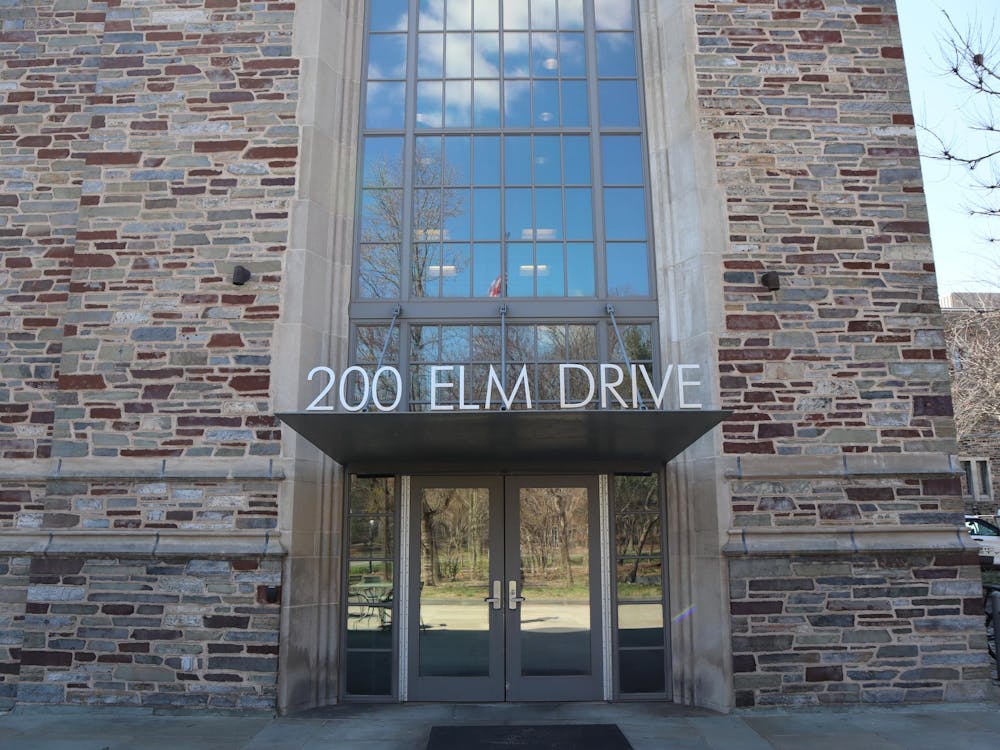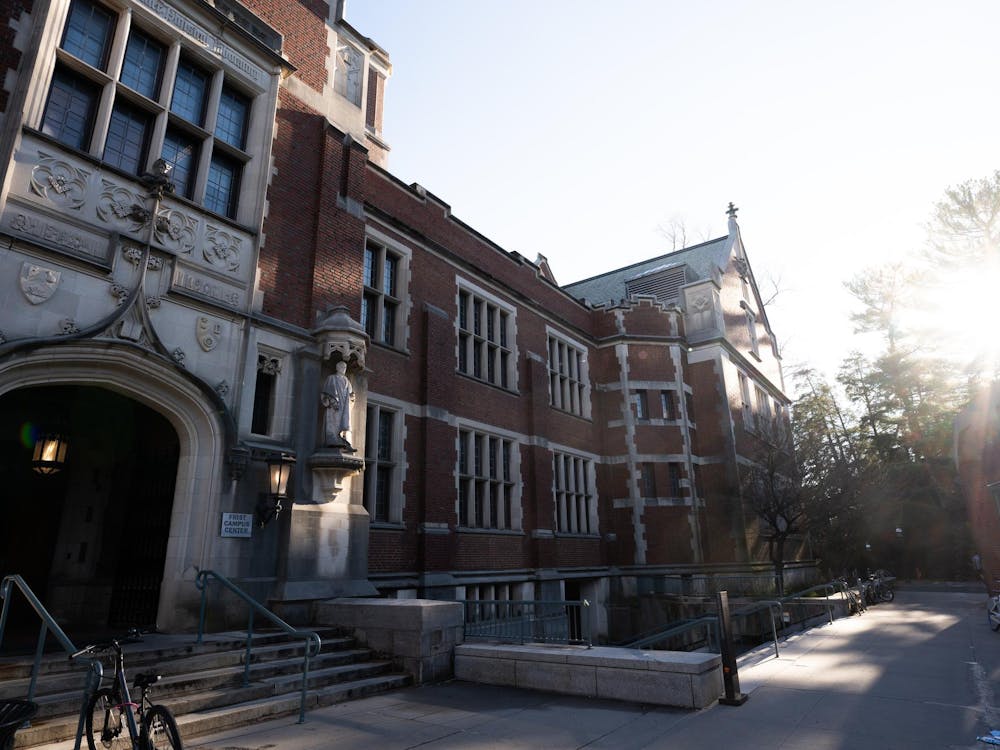Seven University faculty, alumni, and affiliates have filed amicus briefs in support of the plaintiffs in United States v. Texas, a Supreme Court case argued on Monday examining the constitutionality of the Deferred Action for Parents of Americans program.
DAPA, a program announced by United States President Barack Obama in 2014, defers deportation or removal proceedings for undocumented immigrants who have lived in the United States since 2010 and who have children who are American citizens or green-card holders.
In December 2014, Texas, along with 25 other states challenged the constitutionality of DAPA in the United States District Court for the Southern District of Texas, citing states’ rights and limitations to the federal government’s scope. Subsequently, in February 2015, the presiding judge issued an injunction that prevented the program from going into effect.
Douglas Massey GS ’78, the Henry G. Bryant professor of sociology and public affairs at the Wilson School, has joined 12 scholars at other institutions in filing an amicus brief in support of DAPA.
In the brief, the authors noted that an increased number of authorized workers will bring multiple benefits, including a more leveled “playing field for law-abiding businesses,” increased Social Security and tax revenue and a growing GDP.
"Work authorization for individuals granted deferred action pursuant to the DHS Memorandum would be unlikely to adversely impact the earnings and employment of native-born workers,” the brief continues.
Massey deferred comment to Professor of Sociology Patricia Fernández-Kelly, who is not a signatory of the amicus brief.
“This is part of a long struggle, and this can take a long time,” Fernández-Kelly said. She continued, “What is most important to understand, as Professor Massey would tell you, is that we used to have clunky but working immigration system in which there were some allowances for unauthorized immigrants because they were here as workers, and there was demand for their labor.”
After the Sept. 11 attacks, however, when immigration agencies were folded into the Department of Homeland Security, the government de facto changed its position with respect to immigration, she said.
“It went from labor management to security risk. Throughout the 21st century, what we have seen is an escalation of draconian policies against immigrants. You can see that reflected in the campaign of Donald J. Trump. The issue has been framed erroneously as ‘they’ against ‘us,’” she added.
Fernández-Kelly further said that it’s not in the interest of any country to have 11 million unassimilated people within its borders.

“That is a very good recipe for creating an underclass,” she explained.
Even with Obama’s executive order in 2012, which granted legal status for undocumented youths, less than 400,000 out of potentially two million residents are currently protected under the Deferred Action for Childhood Arrivals, Fernandez-Kelly explained.
If the Supreme Court deems Obama’s executive order constitutional, the decision will enable up to four million unauthorized parents to obtain lawful status before the end of the Obama presidency, she added.
“It’s just tragic; now a whole generation of kids has grown up in the U.S. without papers,” she said.
Additionally, three current Democratic members of Congress, John Sarbanes ’84 of Maryland, Terri Sewell ’86 of Alabama and Jared Polis ’96 of Colorado, as well as one Democratic member of the Senate, Jeffrey Merkley GS ’82 of Oregon, co-signed onto an amicus brief in support of DAPA. Former Congressman Jim Leach ’64 (D-IA) also cosigned a brief supporting DAPA.
“Congress understands that the Executive is often better positioned to determine how to adjust quickly to changing circumstances… Congress therefore regularly gives the Executive broad discretion to determine how to enforce such statutes. Rarely has it done so more clearly than in the Nation’s immigration laws,” the brief reads.
"U.S. v. Texas is an important case for American and Colorado families,” said Polis in a statement. “DAPA and DACA+ makes Americans safer, keeps families together, and is consistent with actions taken by Democratic and Republican Presidents for decades."
Polis further noted that he personally attended a rally Monday morning at the Supreme Court to support DAPA and DACA+ programs.
According to Michael Sparks, press secretary for Polis, prior to joining Congress Polis founded the New America School in 2004, an organization that provides education to immigrants, English-language learners and academically underserved students. Additionally, last congressional session, Polis introduced the Border Security, Economic Opportunity and Immigration Modernization Act, an immigration reform bill that called for improvements to border security and a pathway to citizenship for undocumented individuals.
"I’m confident the Supreme Court will ultimately reverse the Fifth Circuit's baseless decision so that… common sense enforcement priorities can take effect," Polis said in the statement. What is this decision from the Fifth Circuit?
The offices of Sewell and Merkley did not respond to requests for comment. Sarbanes’ office declined to comment.
Trishka Cecil, an attorney representing the municipality of Princeton, was also a cosignatory on an amicus brief in support of DACA. Cecil deferred comment to Mayor of Princeton Liz Lempert. Lempert did not respond to requests for comment as of press time.
According to current University admissions policies, the University does not ask for undergraduate applicants to indicate their legal status other than selecting whether they are foreign nationals. University admissions are also need-blind.








